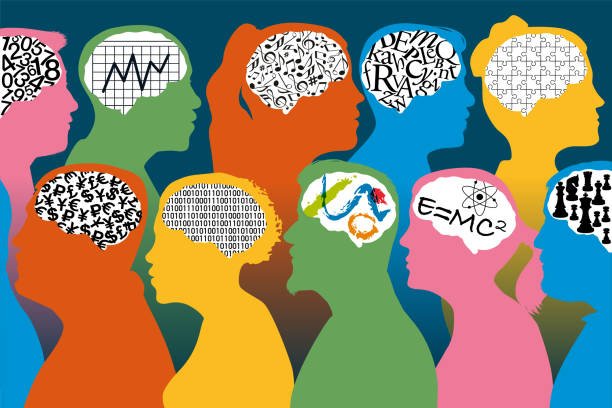Routine versus Creative Thinking: Notes, Common Exam Questions and Answers Guide, Online Quizzes and Activities for Business Studies Grade 12 Revision Studies, from Creative Thinking section. This content is under Term 1 as per the CAPS Curriculum.
On this page, grade 12 students learn and study for revision using REAL EXAM questions based on Routine versus Creative Thinking topic, using activities and engaging quizzes. Every South African grade 12 learner who wants to pass Business Studies subject with a distinction, needs to go through the valuable study resources on this page.
Routine versus Creative Thinking Business Studies Grade 12
Creative thinking in business refers to the ability to generate and develop new ideas, concepts, and solutions to problems. It involves breaking free from traditional ways of thinking and exploring different perspectives and possibilities.
Creative thinking is essential in business because it allows individuals and organizations to innovate and stay competitive in today’s fast-paced and rapidly evolving market.
Why Creative Thinking is Different from Routines
Creative thinking and routines are two distinct cognitive processes that individuals utilize to approach tasks and solve problems. Creative thinking is the ability to generate novel ideas, think outside the box, and find unique solutions to problems. In contrast, routines involve adhering to established patterns, following familiar procedures, and relying on tried-and-true methods. While routines can be helpful for efficiency and consistency, creative thinking is essential for innovation and adapting to new challenges. Understanding the differences between these two approaches can help individuals and organizations optimize their problem-solving strategies and achieve better outcomes.
| Creative Thinking | Routines |
|---|---|
| Novel ideas and solutions | Familiar patterns and procedures |
| Thinking outside the box | Following established methods |
| Flexibility and adaptability | Consistency and predictability |
| Encourages innovation and growth | Focuses on efficiency and stability |
| Tolerates ambiguity and uncertainty | Requires structure and predictability |
| Emphasizes divergent thinking | Emphasizes convergent thinking |
| Openness to new experiences and challenges | Comfort with familiar tasks and settings |
| Risk-taking and experimentation | Risk-averse and cautious |
| Seeks alternative perspectives | Sticks to conventional wisdom |
| Collaborative and interdisciplinary | Independent and specialized |

